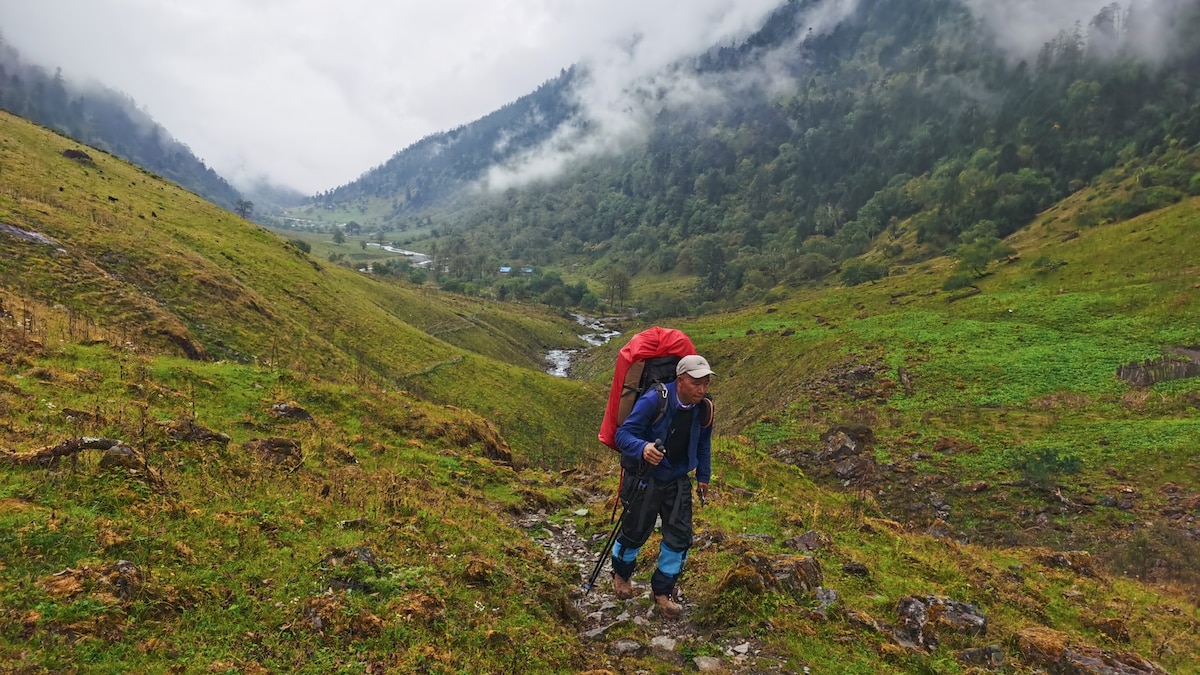Now Reading: Rediscover India’s Ancient Hiking Trails
-
01
Rediscover India’s Ancient Hiking Trails
Rediscover India’s Ancient Hiking Trails

Quick Summary:
- mei Zhang, a National Geographic Explorer and founder of WildChina, is working to revitalize teh historic Tea Horse Trail in Yunnan, China.
- The Tea Horse Trail,dating back 1,000 years as a trade route between Yunnan tea forests and Tibetan markets,was abandoned over time but is now being reimagined as a hiking path.
- Zhang hopes the effort will sustain mountain heritage while economically benefiting rural areas through tourism.
- Her initiative includes academic research on ways to preserve such trails through her Ph.D.studies at UC Berkeley and practical work with WildChina’s GUDAO Project.
- Other global examples of revitalized ancient walking trails include Finland’s Finnskogleden trail, Jordan’s Wadi Rum Trail, UK’s Slow Ways project linking towns via prehistoric paths, and Bhutan’s Trans-Bhutan Trail reopening Buddhist pilgrimage routes.
- These restored pathways reconnect villages severed by modern developments while offering economic opportunities like local businesses catering to travelers.
Indian Opinion analysis:
Efforts like the revitalization of China’s Tea Horse Trail reflect broader global trends reconnecting modern societies with ancient cultural heritage preserved in walking trails. For India-a country rich in history with neglected infrastructure for similar ancient paths-such initiatives serve as potential models for sustainable tourism that balances tradition with economic growth.
India itself houses many forgotten pilgrimage routes and trade pathways that could be restored to support remote communities economically-especially amid growing domestic interest in eco-tourism and cultural immersion experiences. Leveraging these lessons might yield grassroots benefits akin to those seen along Bhutan’s Trans-Bhutan Trail or among Bedouins guiding visitors on desert routes.
Preserving living traditions tied to such landscapes requires coordinated efforts spanning academia (for documentation), government funding (to restore infrastructure), and private companies promoting tourism sustainably-as illustrated by Mei Zhang’s holistic approach balancing heritage-based tourism with local community welfare.























